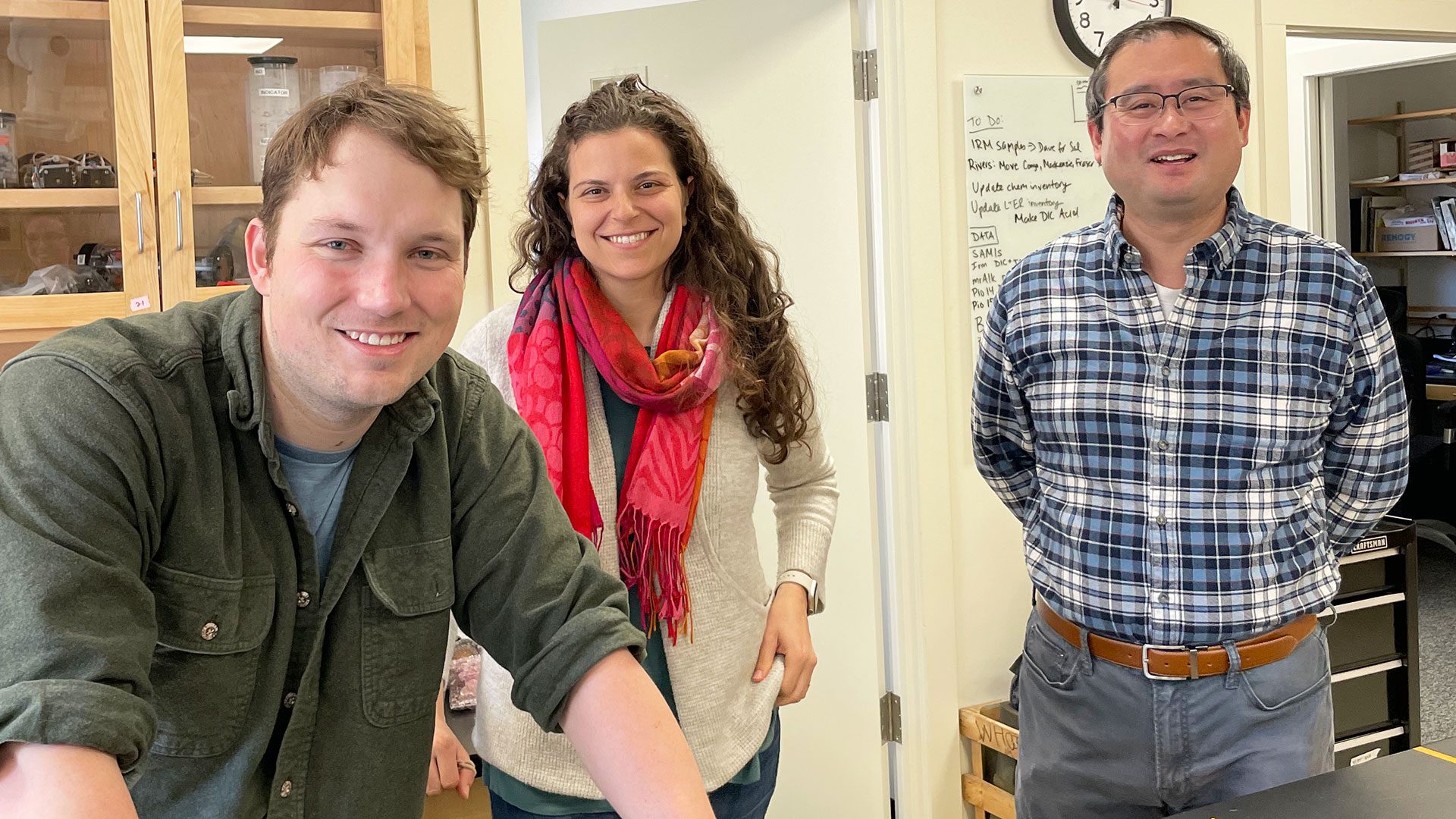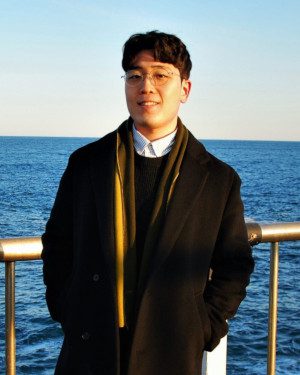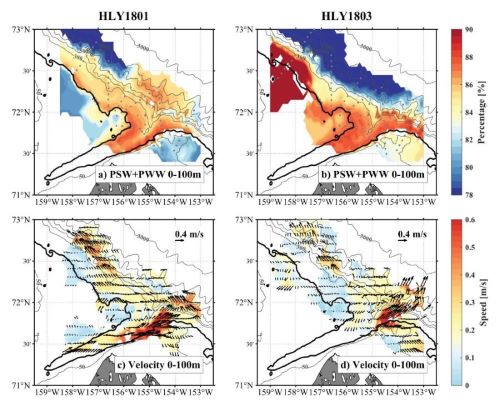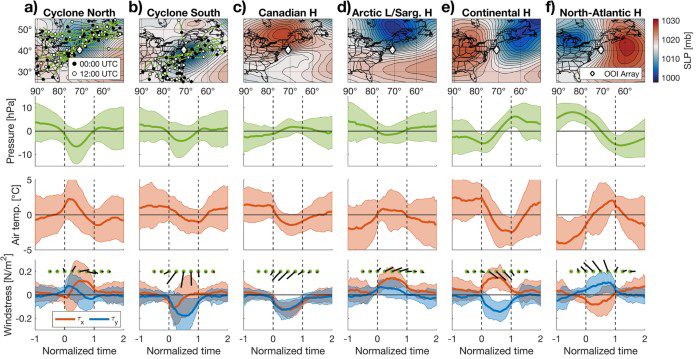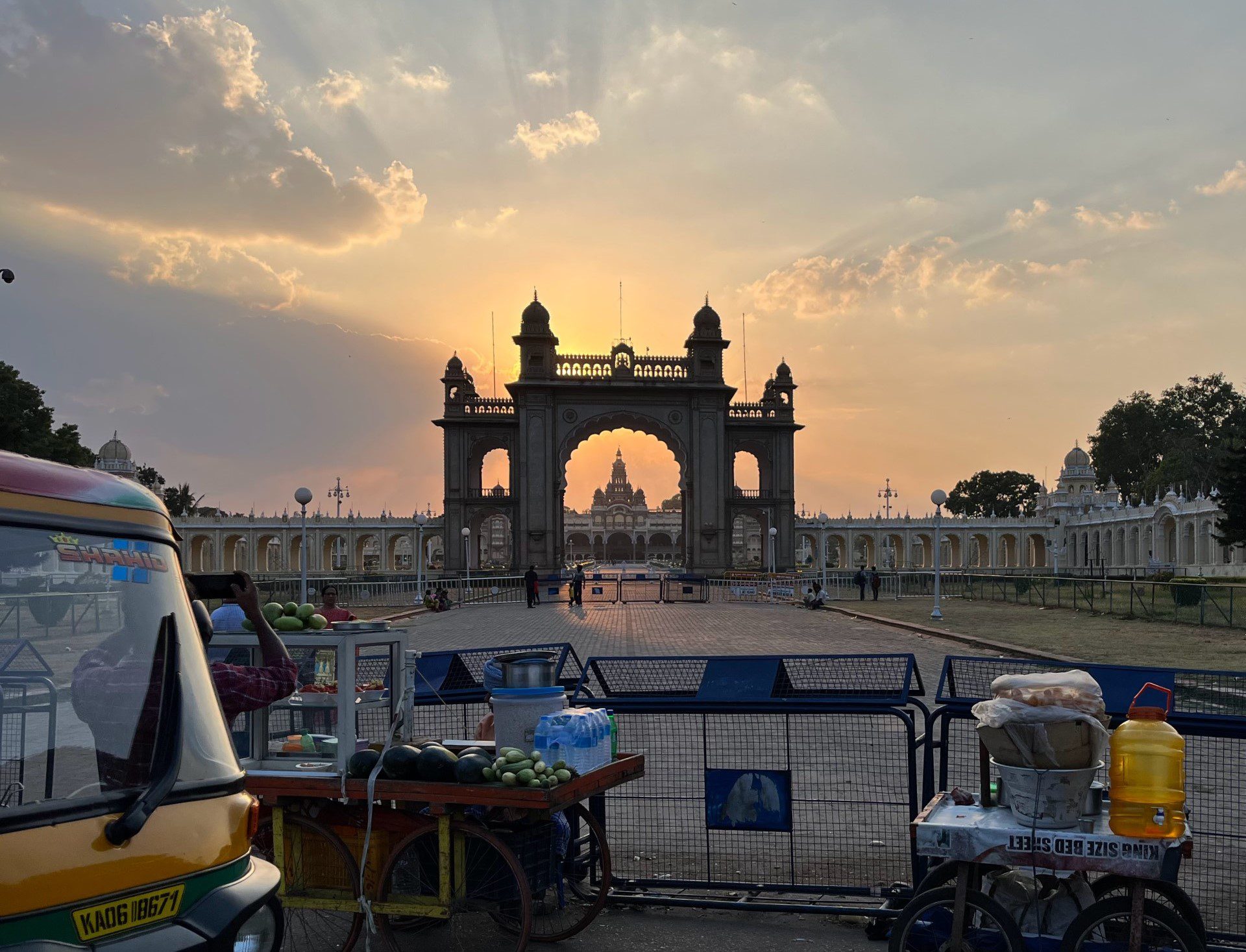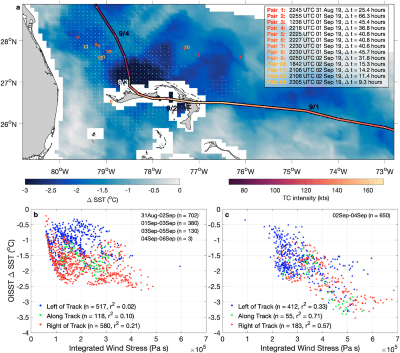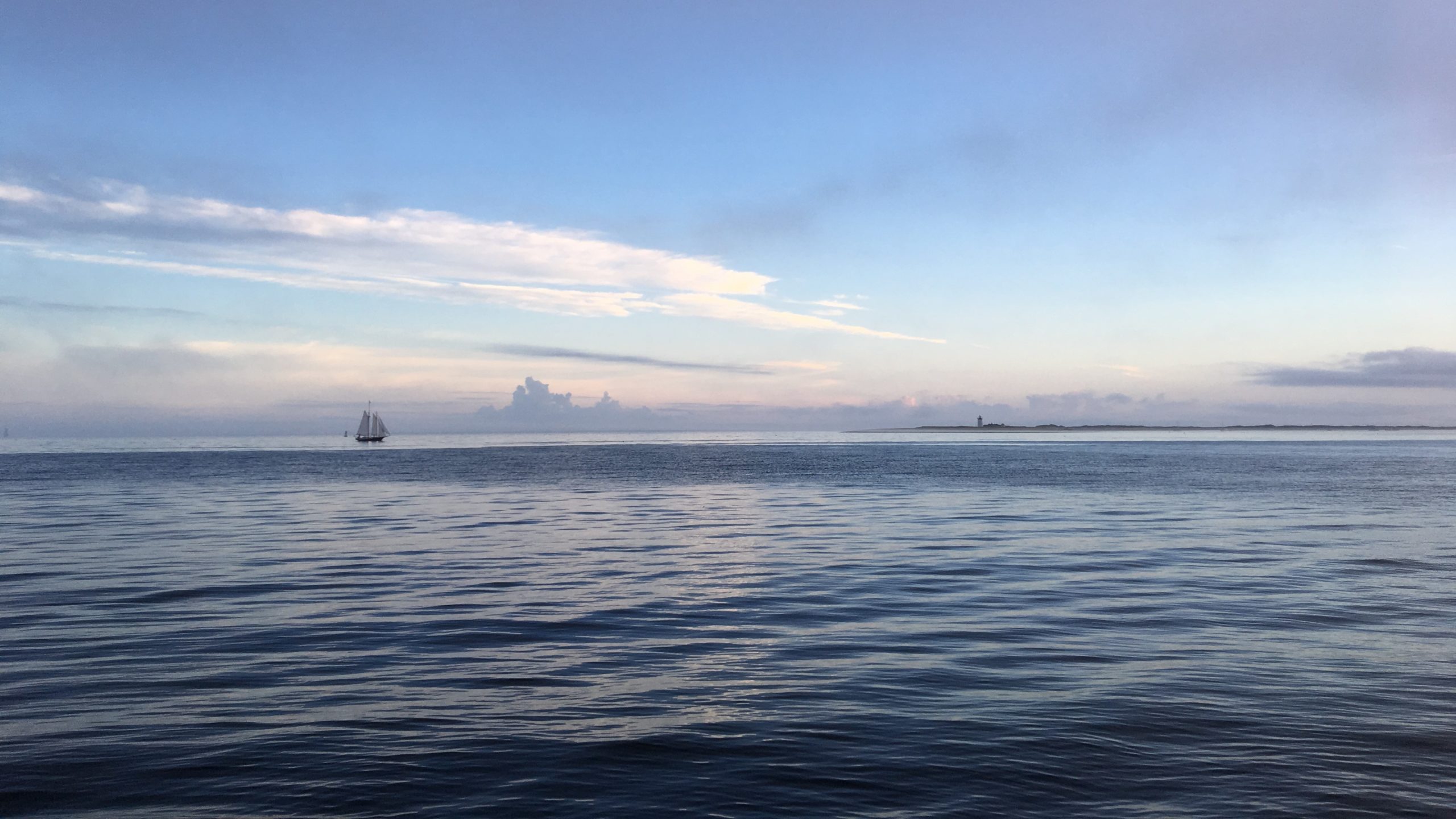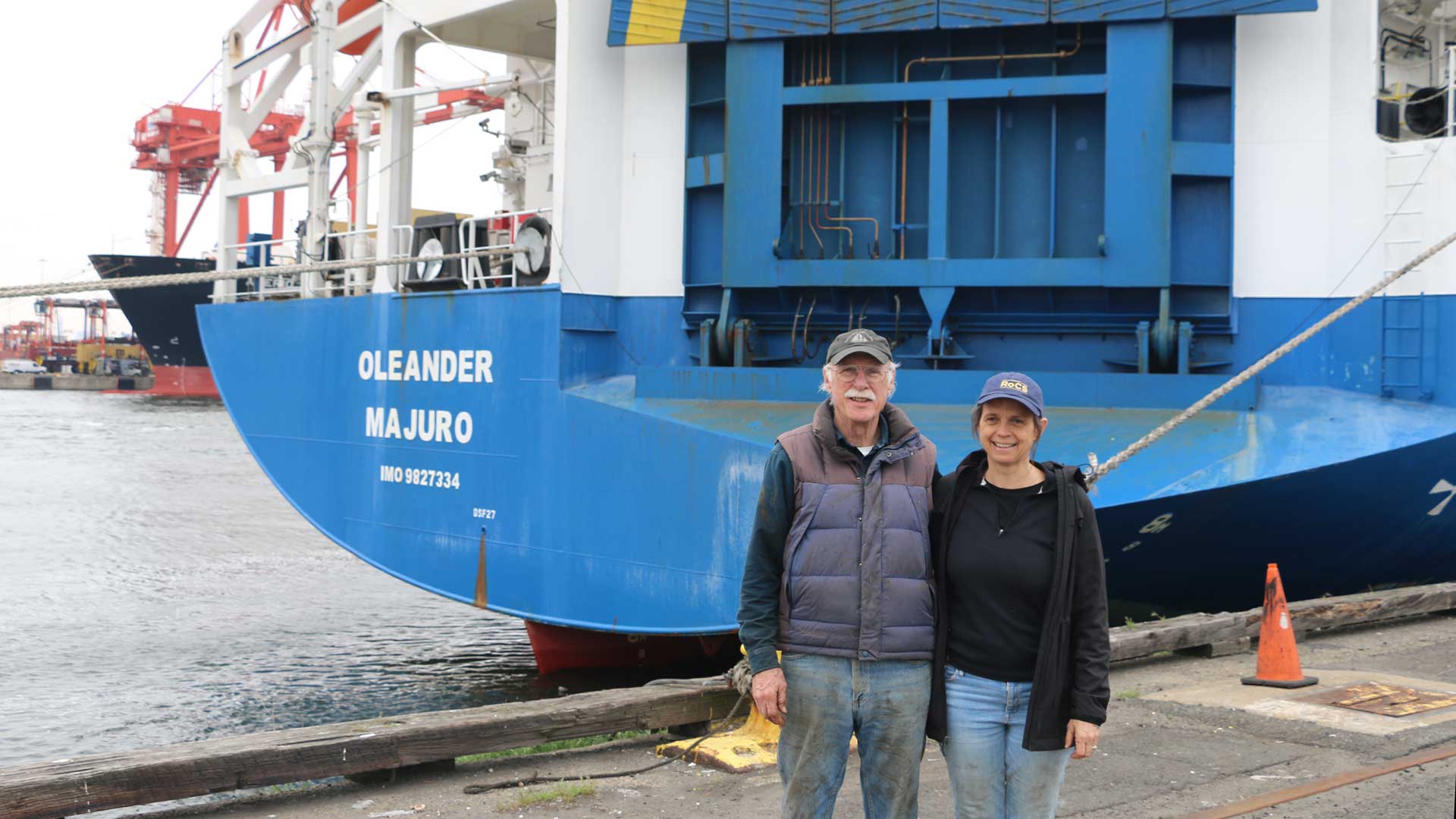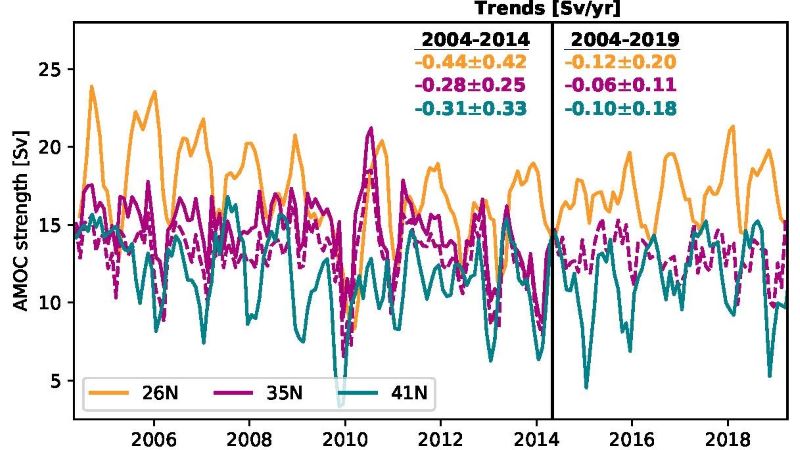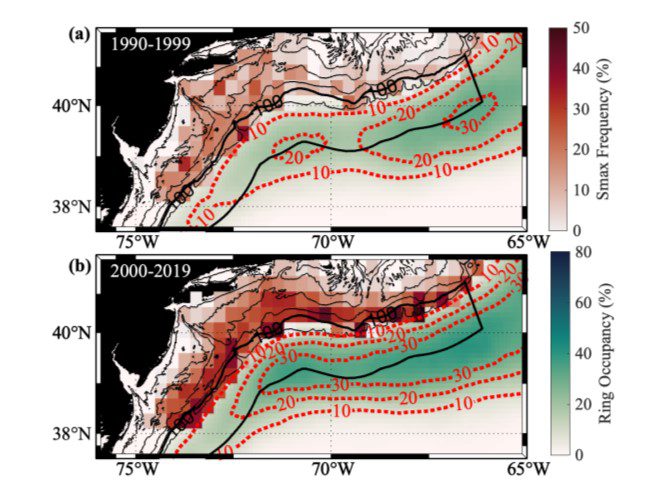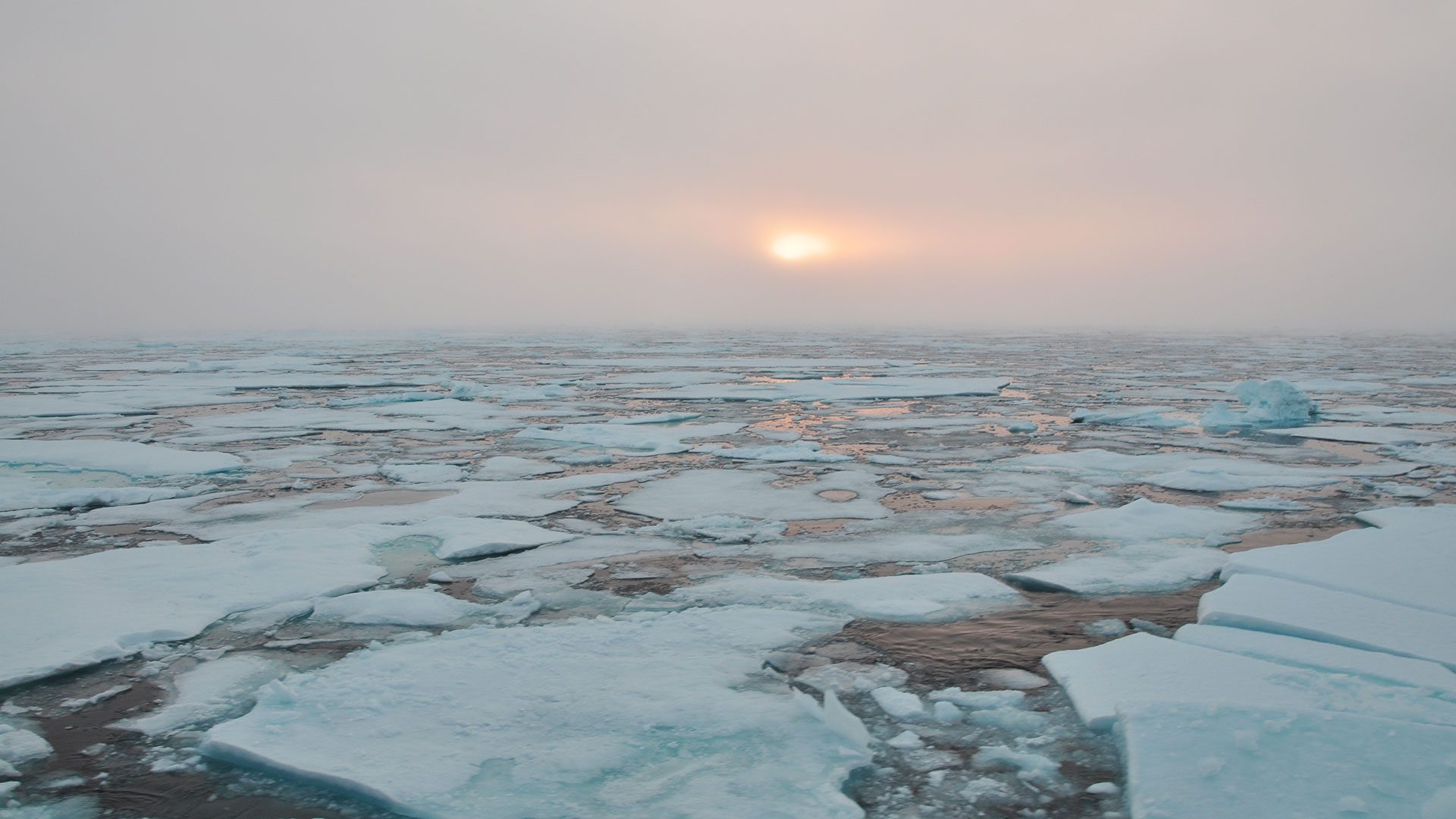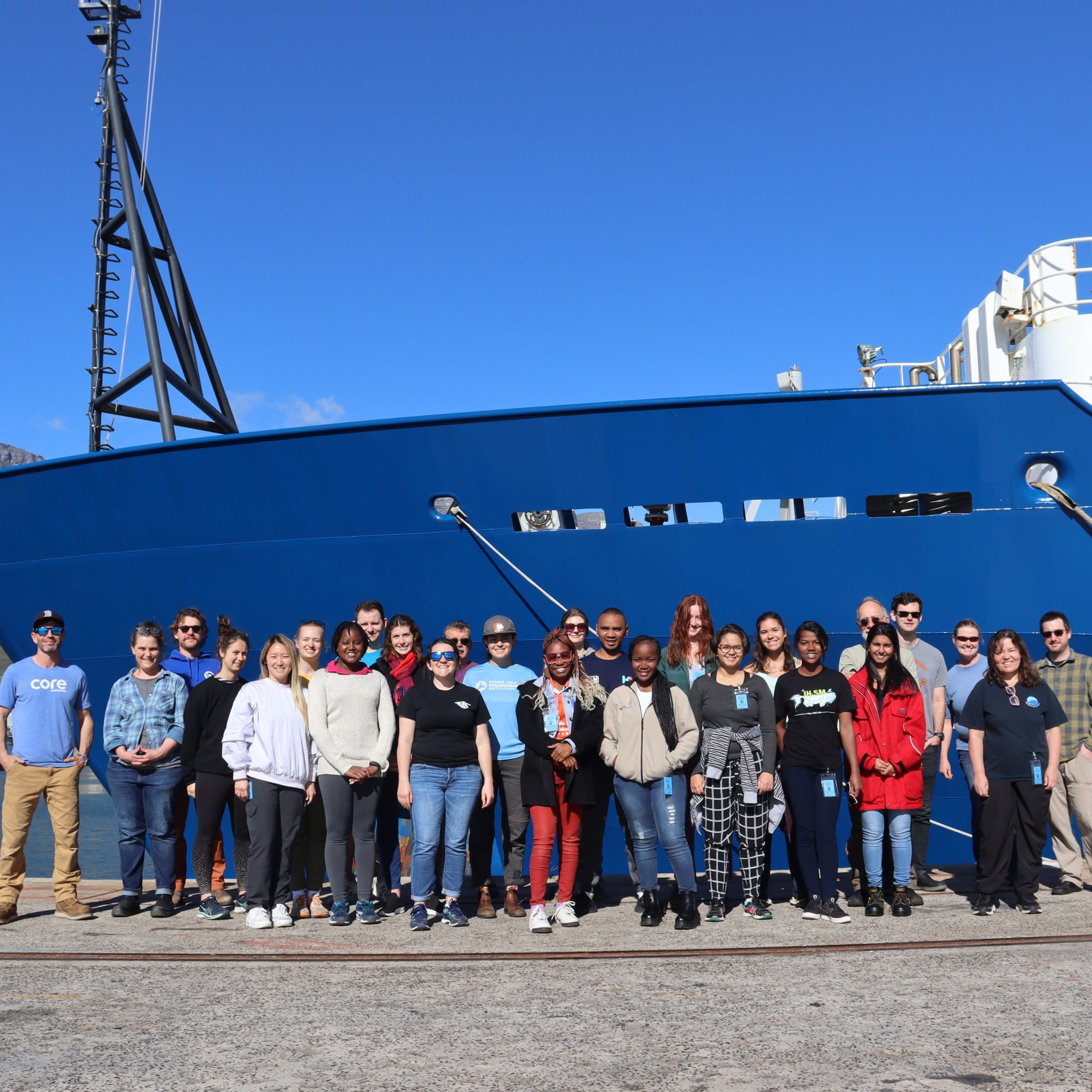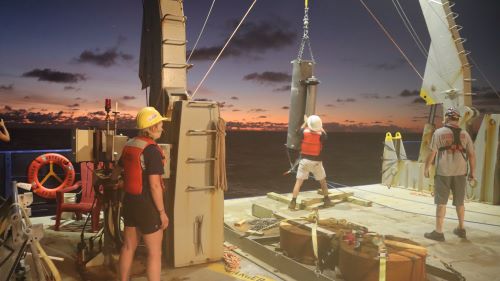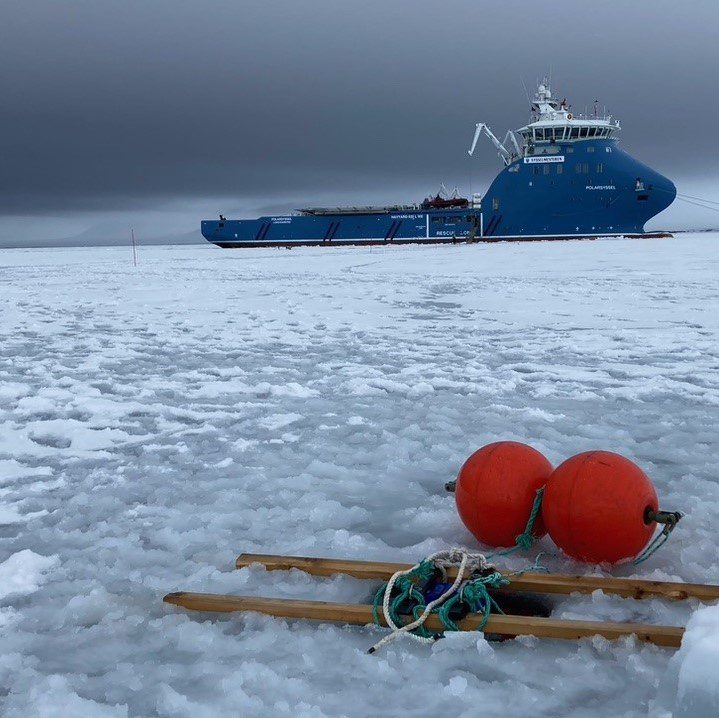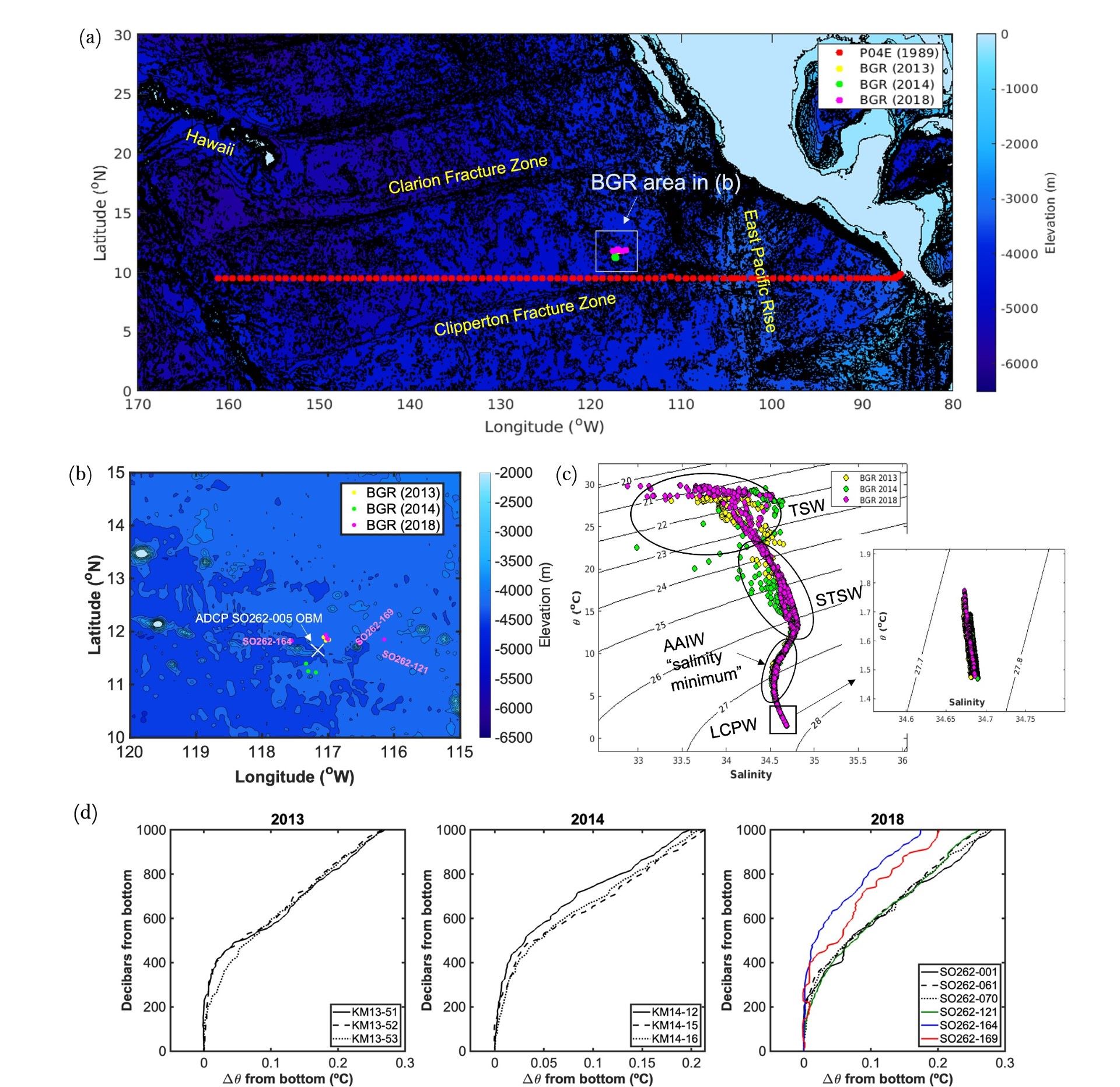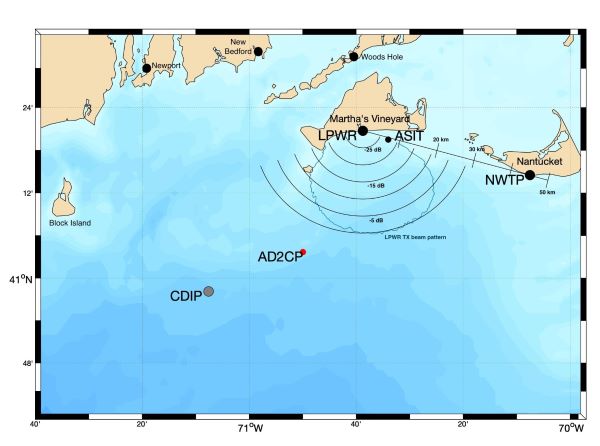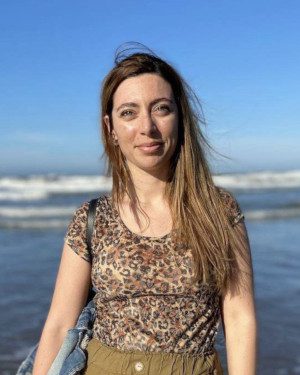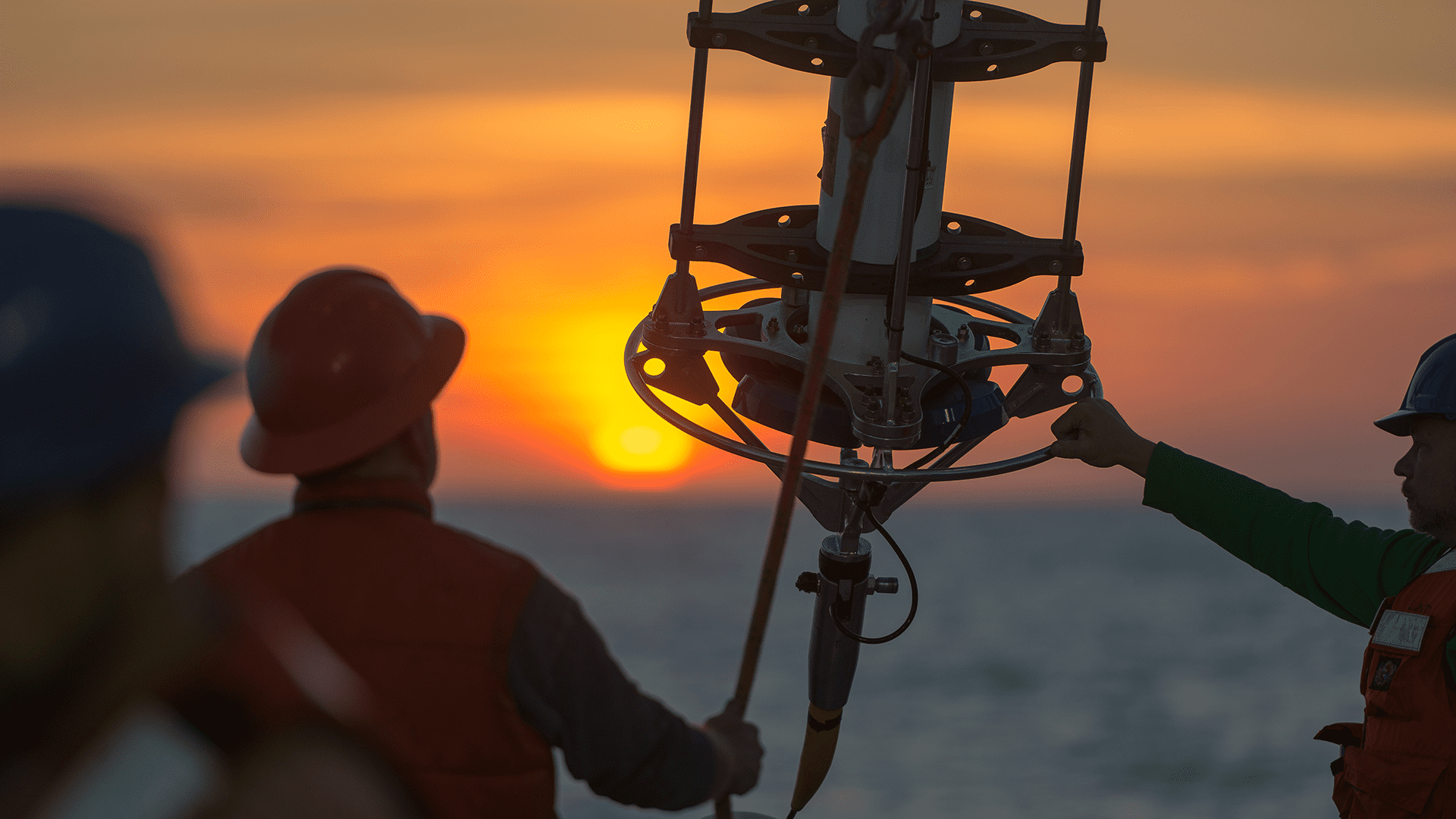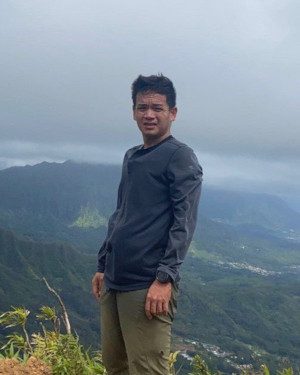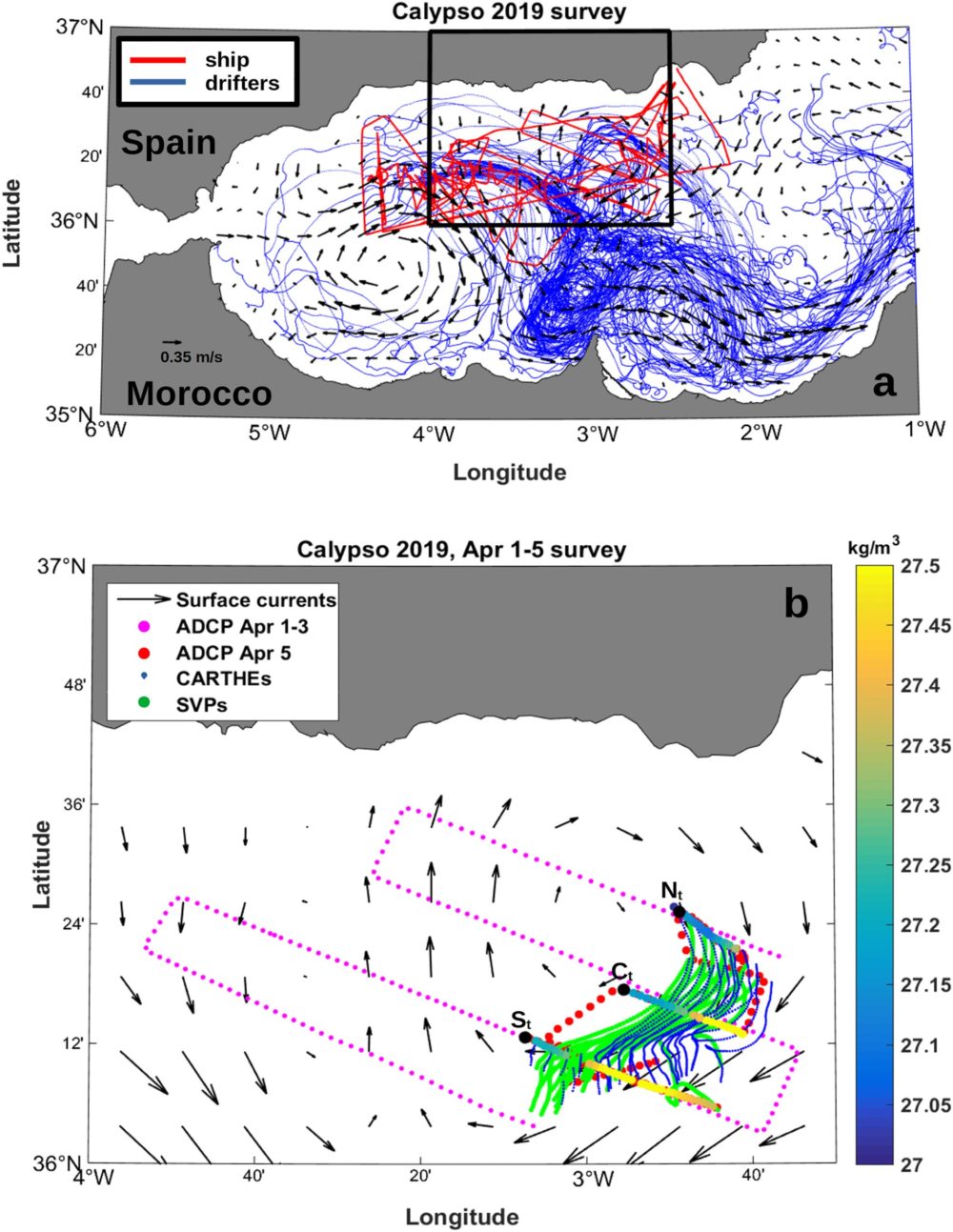Physical Oceanography
A sensor to monitor acid in the ocean
Excess carbon dioxide in the atmosphere is making the ocean more acidic and less hospitable to shelled marine life. At WHOI, scientists Jennie Rheuban, Aleck Wang, MIT-WHOI joint program student…
Read MorePostdoctoral Investigator Dong Wan (Lewis) Kim
Dong Wan (Lewis) Kim, Postdoctoral Investigator, joins WHOI’s PO Department.
Read MoreStructure and variability of the Barrow Canyon outflow from two high‐resolution shipboard surveys in 2018
Huang, J., Pickart, R., Foukal, N., Spall, M., & Lin, P., 2023. Structure and variability of the Barrow Canyon outflow from two high‐resolution shipboard surveys in 2018. Journal of Geophysical…
Read MoreCategorization of high‐wind events and their contribution to the seasonal breakdown of stratification on the Southern New England shelf
Lobert, L., Gawarkiewicz, G., & Plueddemann, A., 2023. Categorization of high‐wind events and their contribution to the seasonal breakdown of stratification on the Southern New England shelf. Journal of Geophysical…
Read MoreOcean, Clouds, and Rainfall in the South Asian Summer Monsoon
by Alex Kinsella Every year around the beginning of June, a huge shift occurs in the ocean and atmosphere as the northern hemisphere’s monsoons roar back to life. The South…
Read MoreOcean temperature observations in Hurricane Dorian (2019)
Densmore, C. R., Sanabia, E. R., & Jayne, S. R., 2023. Ocean Temperature Observations in Hurricane Dorian (2019). Monthly Weather Review. https://doi.org/10.1175/MWR-D-22-0271.1 This study examined in situ and satellite ocean…
Read MoreAdministrative Associate I Grettel Valverde
Grettel Valverde, Administrative Associate I, joins WHOI’s PO Department.
Read MoreEngineer I Ersen’S Joseph
Ersen’S Joseph, Engineer I, joins WHOI’s PO Department.
Read MoreMapping the potential path of nuclear wastewater
WHOI Sea Grant will study spreading pathways from Pilgrim Nuclear Power Station
Read MoreOleander Project Transfers to WHOI Management
30-year effort to monitor the Gulf Stream and Northwest Atlantic circulation will continue providing crucial data and insights
Read MoreThe Atlantic Meridional Overturning Circulation at 35°N from deep moorings, floats, and satellite altimeter
Le Bras, I. A.-A., Willis, J., & Fenty, I., 2023. The Atlantic Meridional Overturning Circulation at 35°N from deep moorings, floats, and satellite altimeter. Geophysical Research Letters, 50(10), e2022GL101931. https://doi.org/10.1029/2022GL101931 From 2004…
Read MoreIncreased Gulf Stream warm core ring formations contributes to an observed increase in salinity maximum intrusions on the Northeast Shelf
Silver, A., Gangopadhyay, A., Gawarkiewicz, G., Fratantoni, P., & Clark, J., 2023. Increased Gulf Stream warm core ring formations contributes to an observed increase in salinity maximum intrusions on the…
Read MoreAtmospheric Research Provides Clear Evidence of Human-Caused Climate Change Signal Associated with CO2 Increases
Claims that Climate Change Is Natural are Inconsistent with Atmospheric Temperature Trends
Read MoreFirst Observational Evidence of Beaufort Gyre Stabilization, Which Could be Precursor to Huge Freshwater Release
Significant ramifications including impacting the Atlantic Meridional Overturning Circulation, a key component of global climate, are possible.
Read MoreDeep Madagascar Basin and East Madagascar Current Experiments
Chief Scientist Viviane Menezes and other WHOI folks at sea on the R/V Revelle RR2303 to support long-pandemic-delayed field programs…
Read MoreDeep Madagascar Basin Cruise RR2303 April-May 2023
Andy Davies, ResTech Josh Manger, and graduate student Lois Baker (Imperial College, UK) on the back deck of the R/V Revelle (RR2303 April-May 2023) deploying a sound source mooring in the early dawn hours…
Read MoreAir-Ice-Sea interactions in West Spitsbergen fjords
MIT-WHOI Joint Program student Lukas Lobert deployed an ADCP from sea-ice to investigate how…
Read MoreOceanic bottom mixed layer in the Clarion-Clipperton Zone: potential influence on deep-seabed mining plume dispersal
Chen, S.-Y. S., Ouillon, R., Muñoz-Royo, C., & Peacock, T. (2023). Oceanic bottom mixed layer in the Clarion-Clipperton Zone: Potential influence on deep-seabed mining plume dispersal. Environmental Fluid Mechanics. https://doi.org/10.1007/s10652-023-09920-6 (Image…
Read MoreRevisiting HF ground wave propagation losses over the ocean: A comparison of long‐term observations and models
Kirincich, A., & Emery, B., 2023. Revisiting HF ground wave propagation losses over the ocean: A comparison of long‐term observations and models. Radio Science. https://doi.org/10.1029/2022rs007550 Understanding variations in the received…
Read MoreModels of Continent & Mantle Evolution
Whitehead, J., 2023. Convection Cells with accumulating Crust: Models of Continent & Mantle Evolution. Journal of Geophysical Research: Solid Earth, e2022JB025643. https://doi.org/10.1029/2022jb025643 A simple computer study shows how the very…
Read MorePostdoctoral Investigator Loreley (Rory) Lago
Loreley (Rory) Lago, Postdoctoral Investigator, joins WHOI’s PO Department.
Read MoreOn the Move
The Coastal Pioneer Array is moving south in 2024. WHOI’s Al Plueddemann discusses the array’s importance and its upcoming move
Read MoreEngineer II Ian Fernandez
Ian Fernandez, Engineer II, joins WHOI’s PO Department.
Read MoreInertial oscillations and frontal processes in an Alboran Sea jet: Effects on divergence and vertical transport
Esposito, G., Donnet, S., Berta, M., Shcherbina, A. Y., Freilich, M., Centurioni, L., D’Asaro, E. A., Farrar, J. T., Johnston, T. M. S., Mahadevan, A., Özgökmen, T., Pascual, A., Poulain, P.-M., Ruiz,…
Read More
